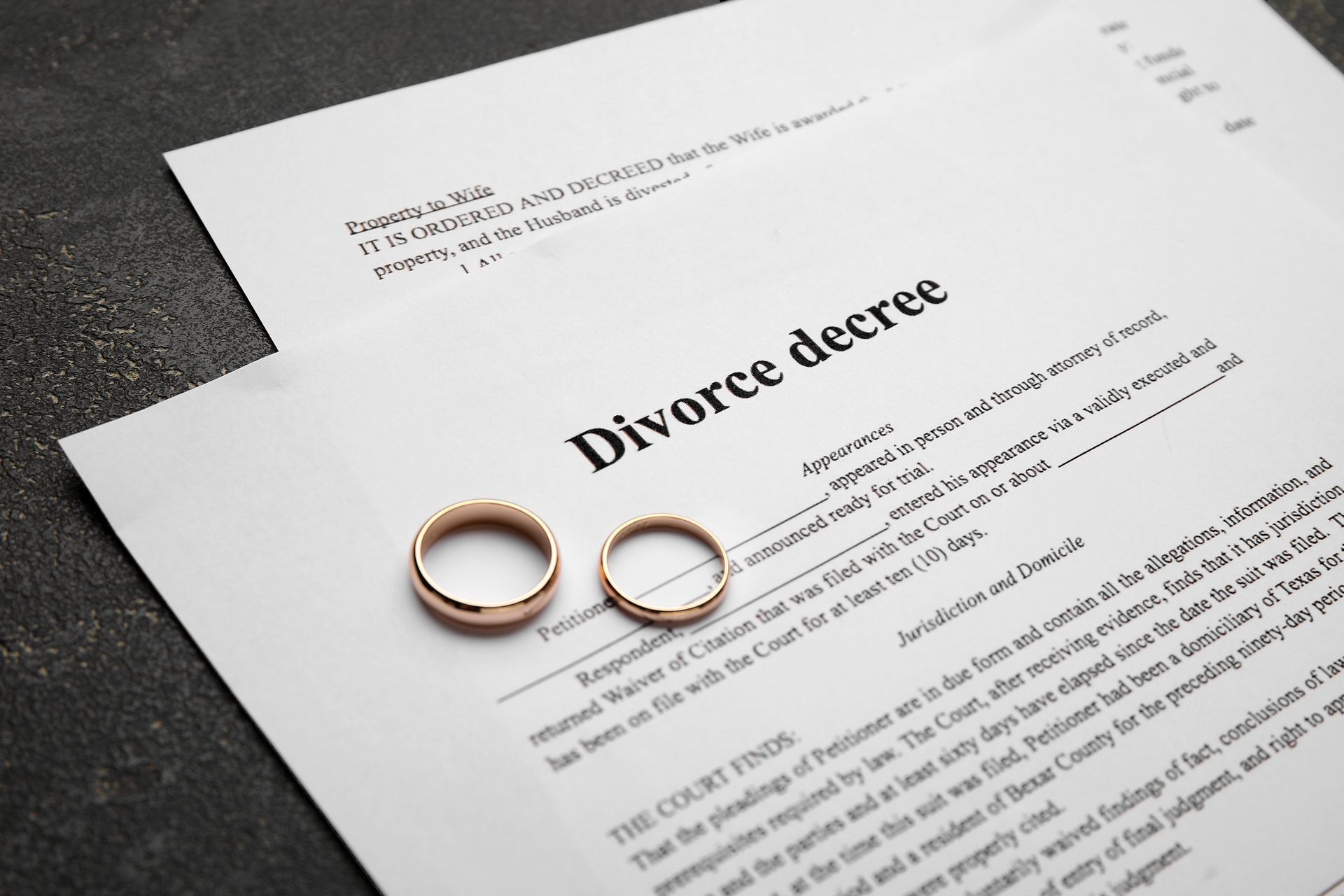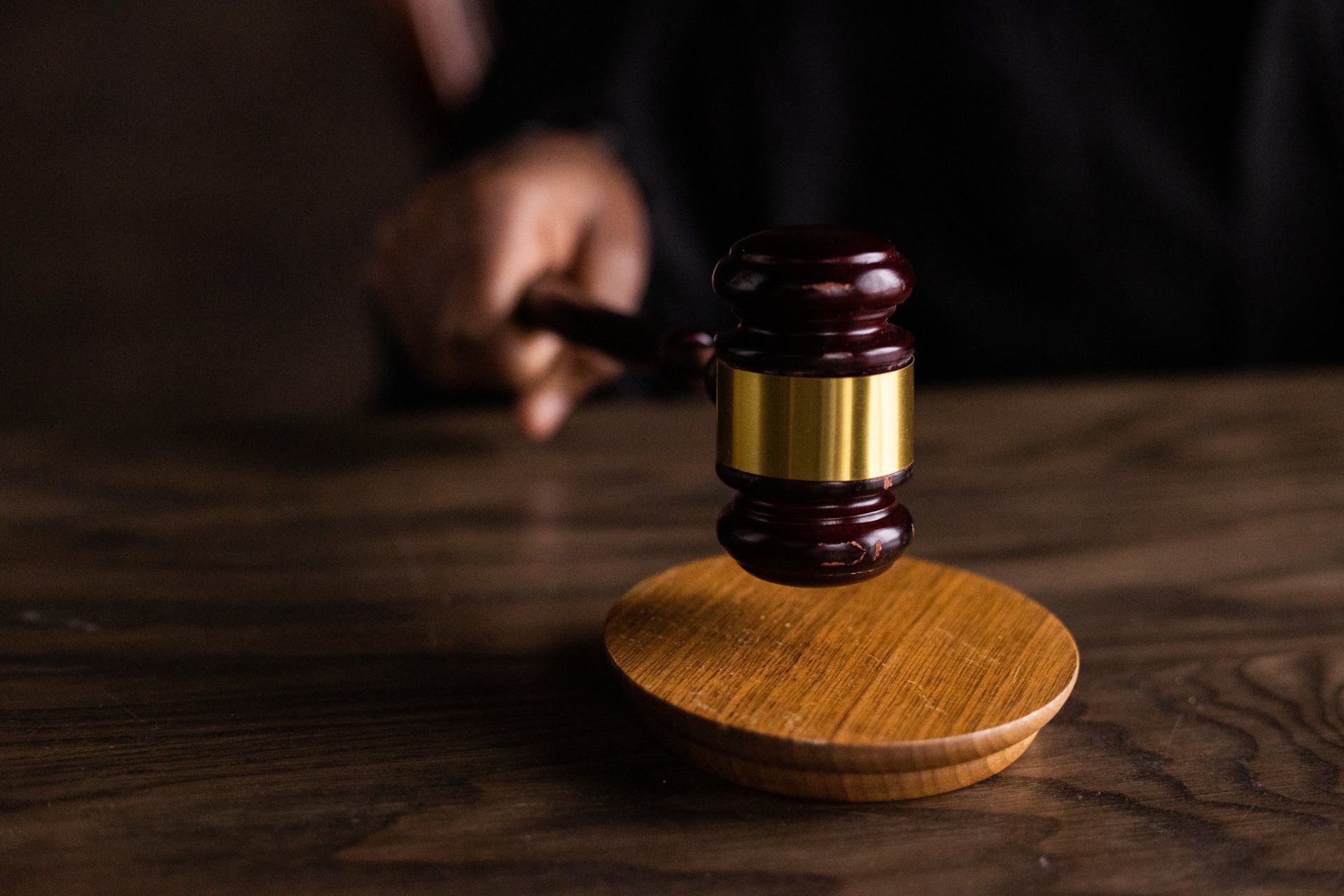Contact Us
Phone: 517-349-2700
Location
2196 Commons Pkwy
Okemos, MI 48864
Hours
- Mon - Fri
- -
- Sat - Sun
- Closed
Understanding Chapter 7 Bankruptcy
Chapter 7 bankruptcy offers relief to some debtors which allows them to discharge debt and essentially start over. This type of relief can be attractive in that it allows the debtor to rid themselves of burdensome debts which they are struggling to pay. Specifically, for those with significant credit card debt, medical bills, and personal loans this type of bankruptcy may be an appealing choice. However, it is important that someone considering filing for a Chapter 7 bankruptcy understand how it works.
A Chapter 7 bankruptcy allows the debtor to file for relief with a bankruptcy court, and have all of their non-exempt assets liquidated in order to pay their creditors. The court will appoint a trustee to review your finances and other aspects of your bankruptcy and to oversee the liquidation and payment to the creditors. You will be paid any exempted amount, but the net proceeds of the liquidation of your assets will go to pay creditors and the trustee’s commission. At the end of the bankruptcy, all qualifying debts should be discharged leaving the debtor in the position of having a fresh start.
In Michigan, if you earn a certain amount of income, you must pass the Michigan means test in order to file for a Chapter 7 bankruptcy. If your income is below a certain threshold, you will be exempted from having to pass this test and should be able to file under Chapter 7. For those who must pass the test and are unable to do so, they will most likely have to file their bankruptcy under Chapter 13.
While Chapter 7 can provide welcome relief from unsecured debt such as credit cards and medical bills, there are certain debts which it cannot cover. For instance, in Michigan, unpaid student loans, child support, some taxes, and debts related to criminal restitution are all debts which cannot be discharged in bankruptcy.
Chapter 7 allows the debtor to keep certain exempt assets during the bankruptcy. Assets such as a house, car, or retirement accounts are usually exempt under Chapter 7. The exemption of assets which are still being paid for means that you will continue to be obligated to pay for them just as before the bankruptcy. But, when you claim these exemptions, you will have to sign something referred to as a “reaffirmation agreement” and be up to date on your payments. What this agreement means is that you are identifying the debt which will be exempted and agree that the debt on these exempted assets cannot be discharged in bankruptcy for a certain number of years.
Chapter 7 offers a solution for those who are having difficulty paying their bills and cannot foresee being able to get out from under their debt. For those whose qualify for this type of bankruptcy, there can be a fresh start free of debilitating debts and an opportunity to rebuild their financial health. Consulting with an experienced bankruptcy attorney will help you in determining if a Chapter 7 bankruptcy is right for your circumstances. We have the knowledge and experience you need to help you understand bankruptcy and your options. Please contact us online or by phone if we may be of assistance. http://bestmichiganlawyer.com/contact-us





Schedule a Case Evaluation
Contact us now!
Homepage FCE Form
We will get back to you as soon as possible.
Please try again later.
By submitting this form, you agree to be contacted by our law firm, either by phone, text or by email.
Hours
- Mon - Fri
- -
- Sat - Sun
- Appointment Only
Disclaimer: The information on this website is for general information purposes only. Nothing on this site should be taken as legal advice for any individual case or situation. This information is not intended to create, and receipt or viewing does not constitute an attorney-client relationship.
All Rights Reserved | Michigan Attorney Don E. Burch | Powered By Convert It Marketing | Privacy Policy
All Rights Reserved | Michigan Attorney Don E. Burch | Powered By Convert It Marketing | Privacy Policy





